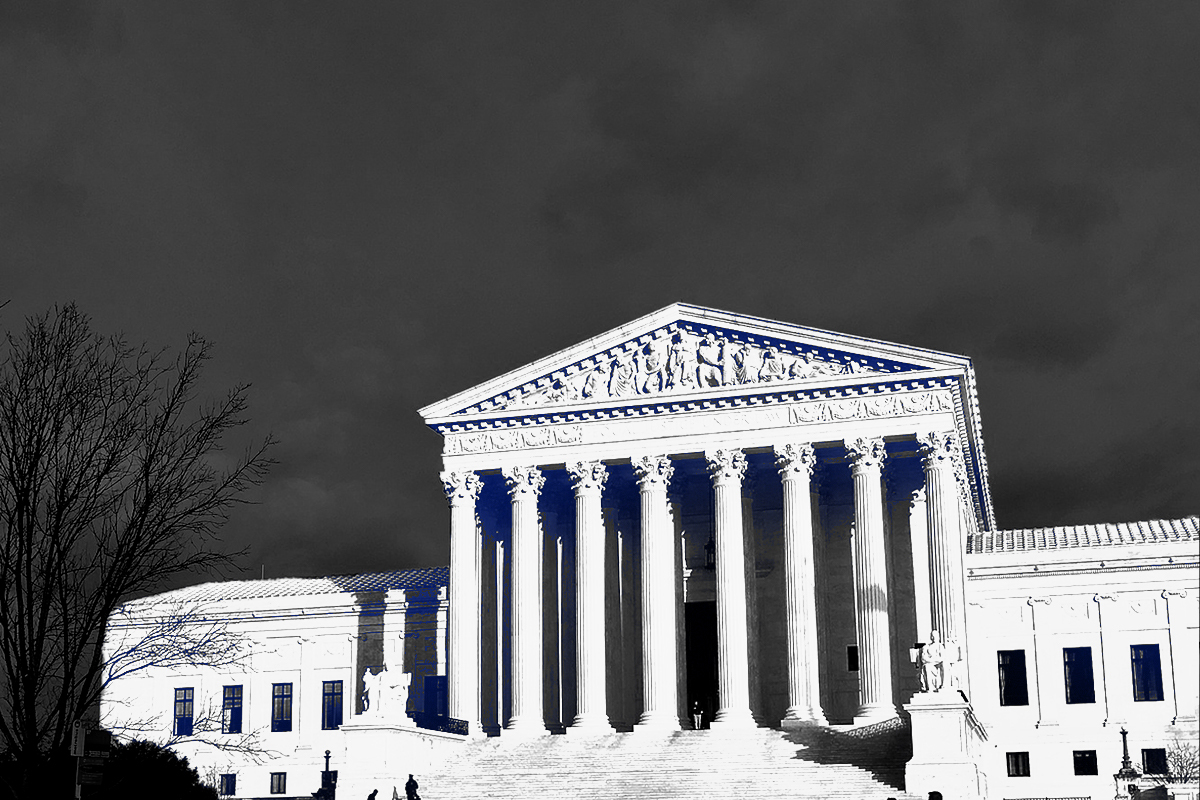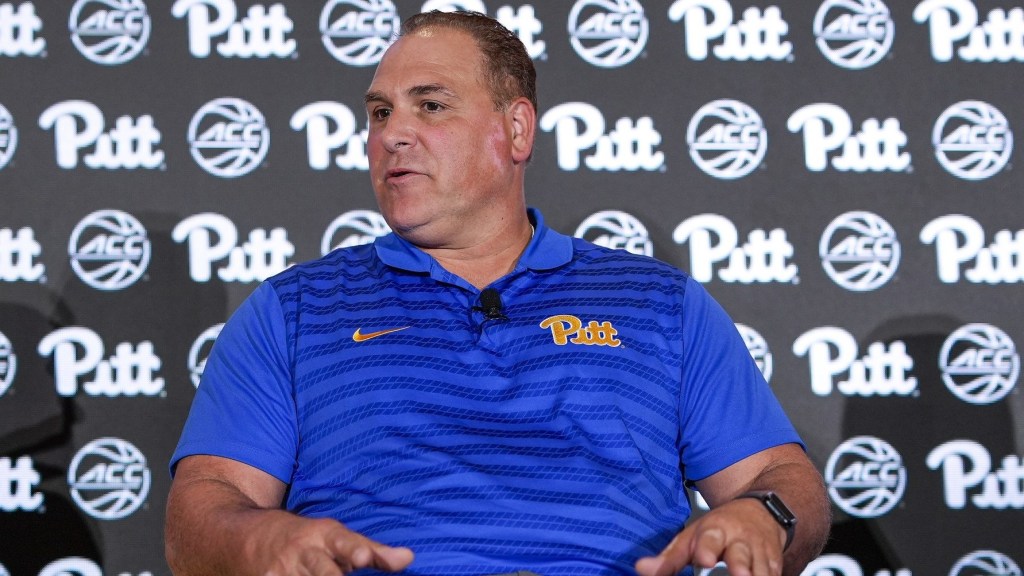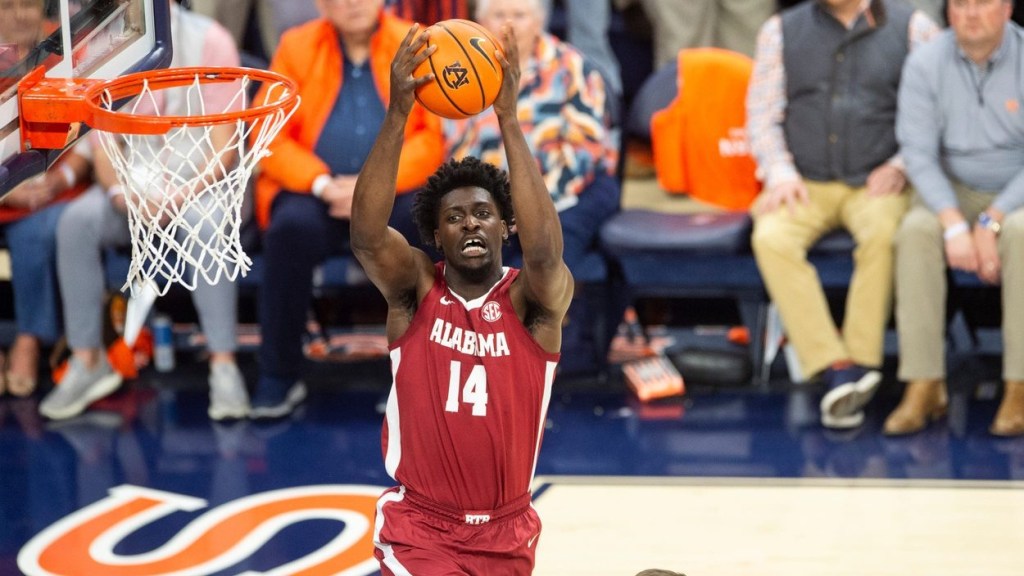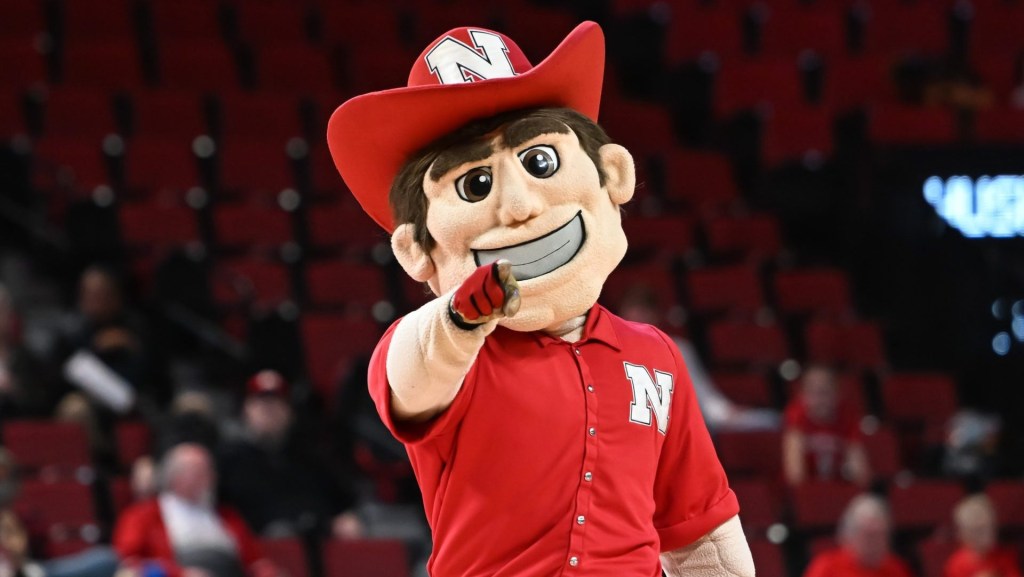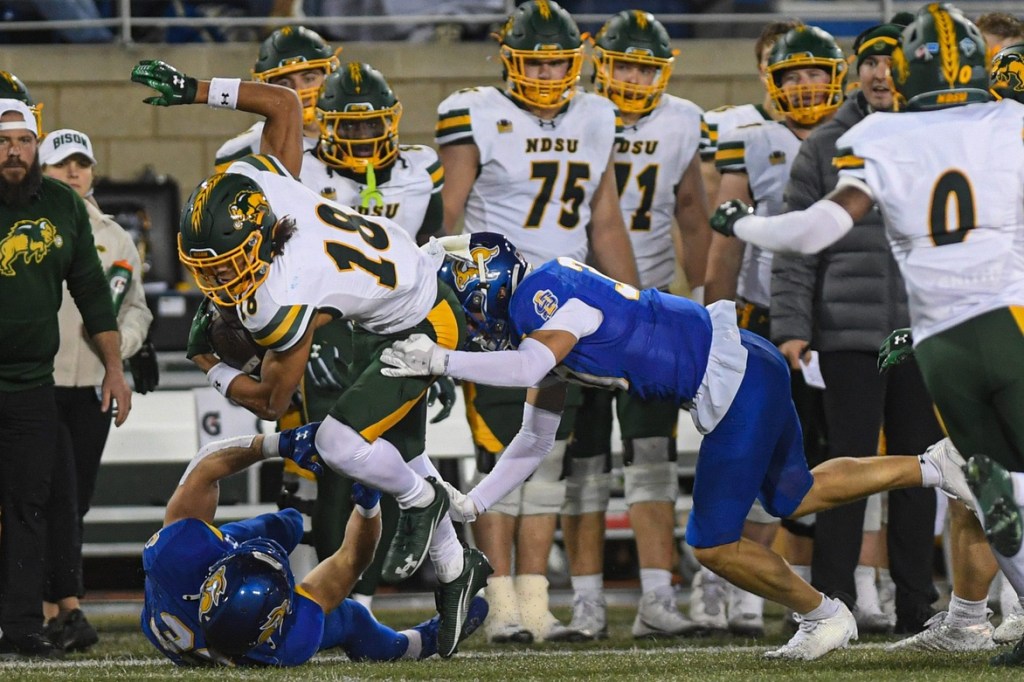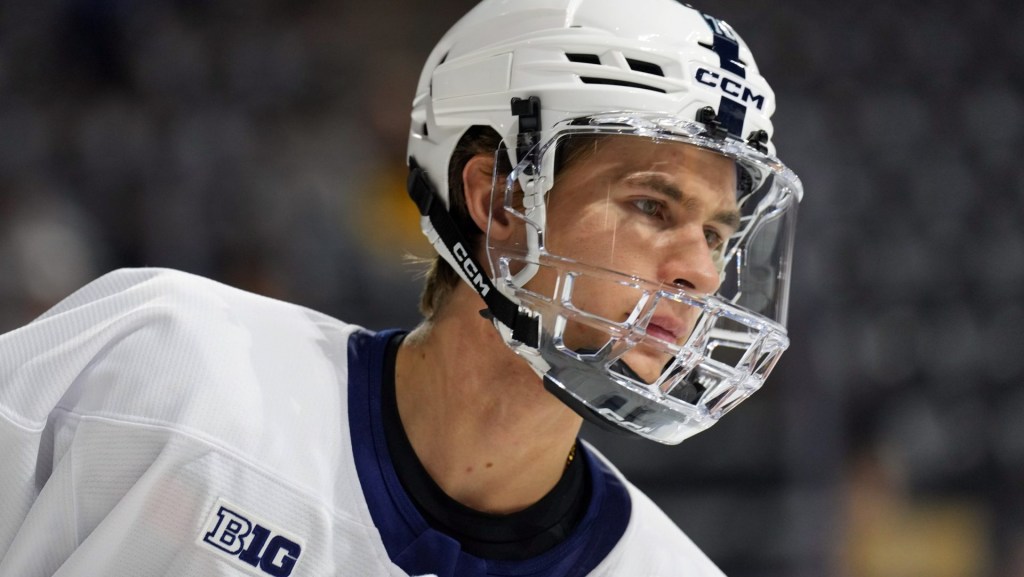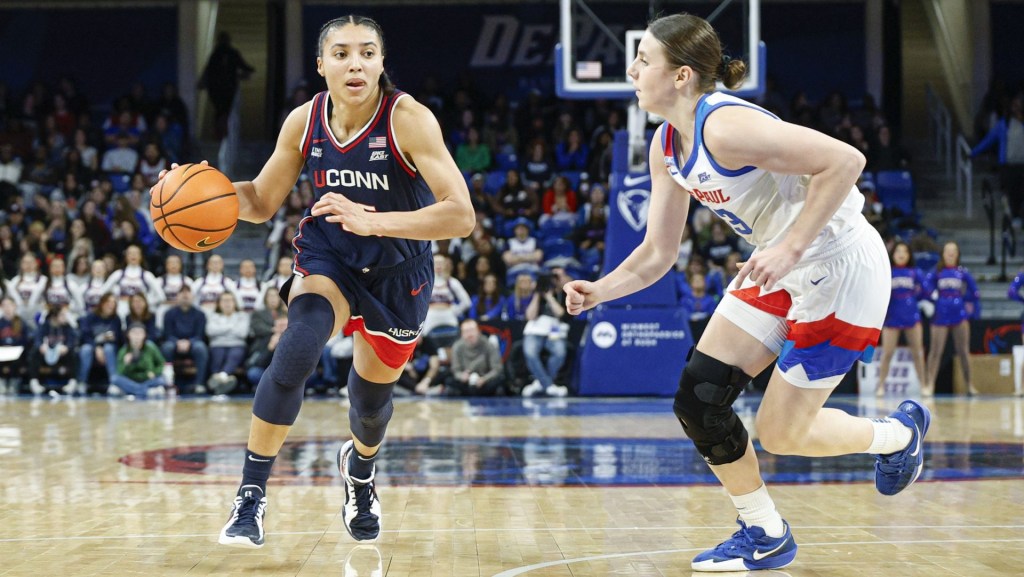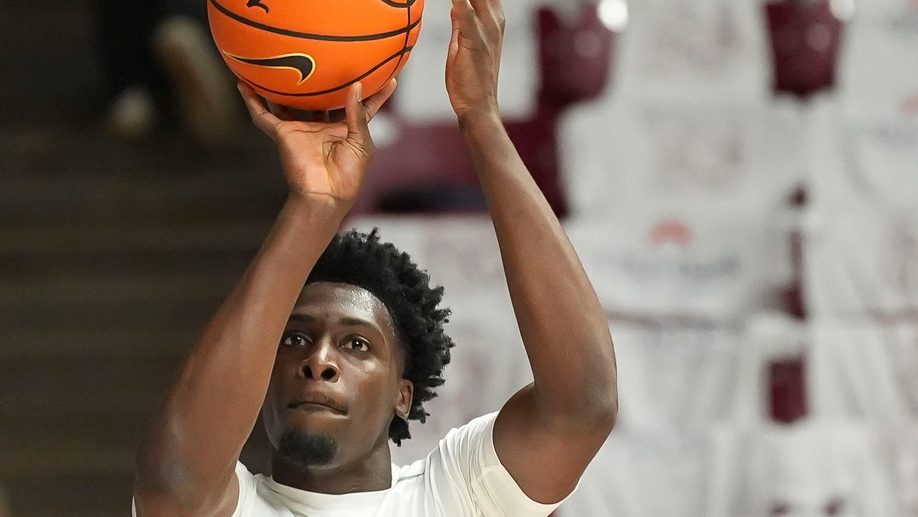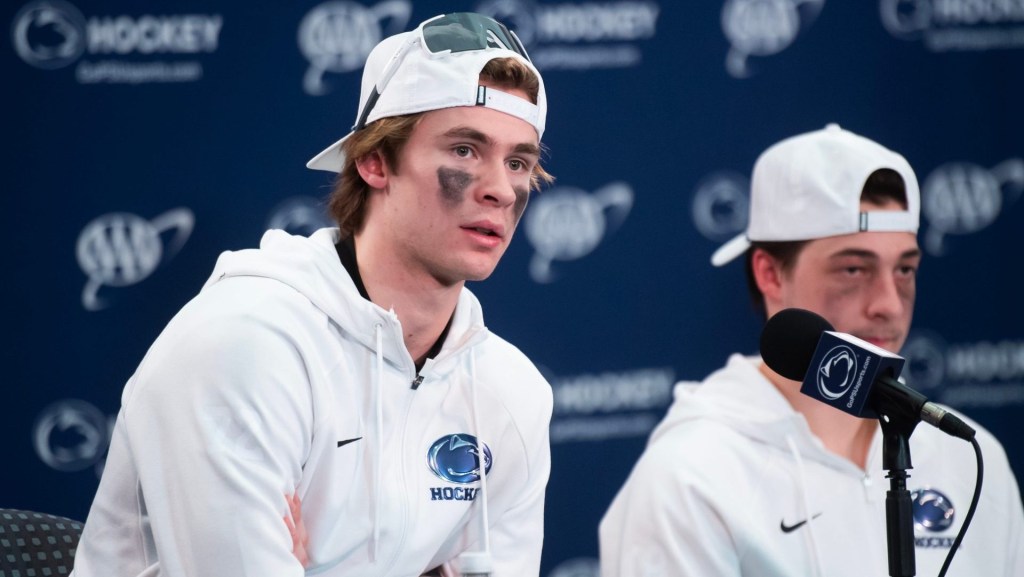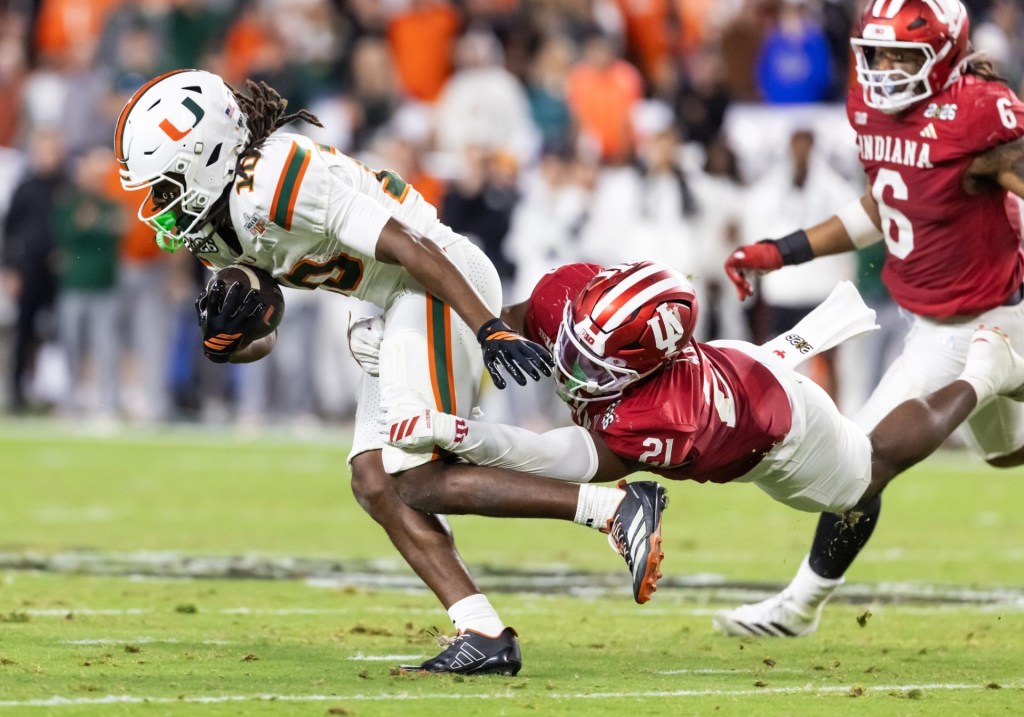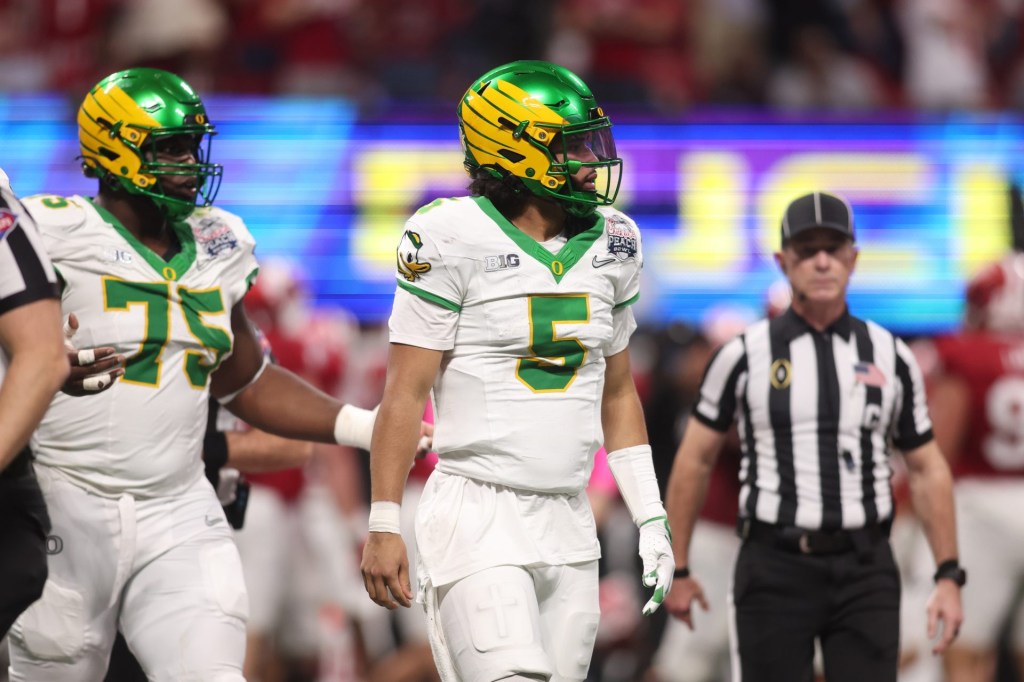The Supreme Court ruled unanimously in favor of college athletes on Monday in the case NCAA v. Alston, with Justice Neil Gorsuch writing the main opinion.
The ruling found that the NCAA violated antitrust law by limiting the amount of “non-cash education-related benefits” schools can offer FBS football and basketball players.
NCAA v. Alston was originally brought in 2014 by a plaintiff class led by former West Virginia University running back Shawne Alston.
- The ruling itself centers narrowly on non-cash benefits and goes deep into the nitty-gritty of antitrust law.
- It has several broader implications for the future of amateurism.
Gorsuch’s opinion poked a hole in one of the NCAA’s main legal defenses, which it has used for decades. The door is now open for athletes to challenge amateurism in court in the future.
The ruling also suggests that future rules governing name, image, and likeness could violate antitrust law if they’re too strict.
Justice Brett Kavanaugh wrote a searing concurring opinion, saying “the NCAA’s business model would be flatly illegal in almost any other industry in America.”
The NCAA responded with a statement: “While today’s decision preserves the lower court ruling, it also reaffirms the NCAA’s authority to adopt reasonable rules and repeatedly notes that the NCAA remains free to articulate what are and are not truly educational benefits, consistent with the NCAA’s mission to support student-athletes.”
Jeffrey Kessler, lawyer for the plaintiffs, did not immediately respond to a request for comment. Read details about the decision here and subscribe to FOS College, a free newsletter, for more.
